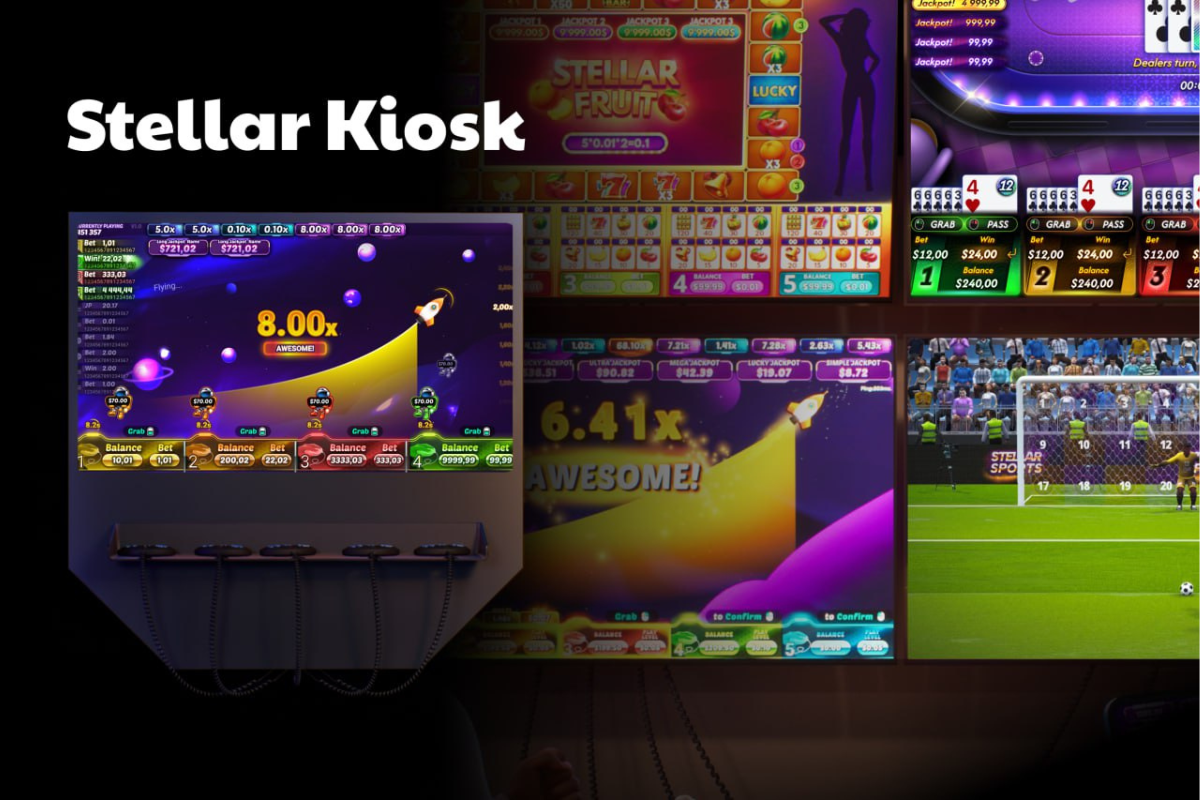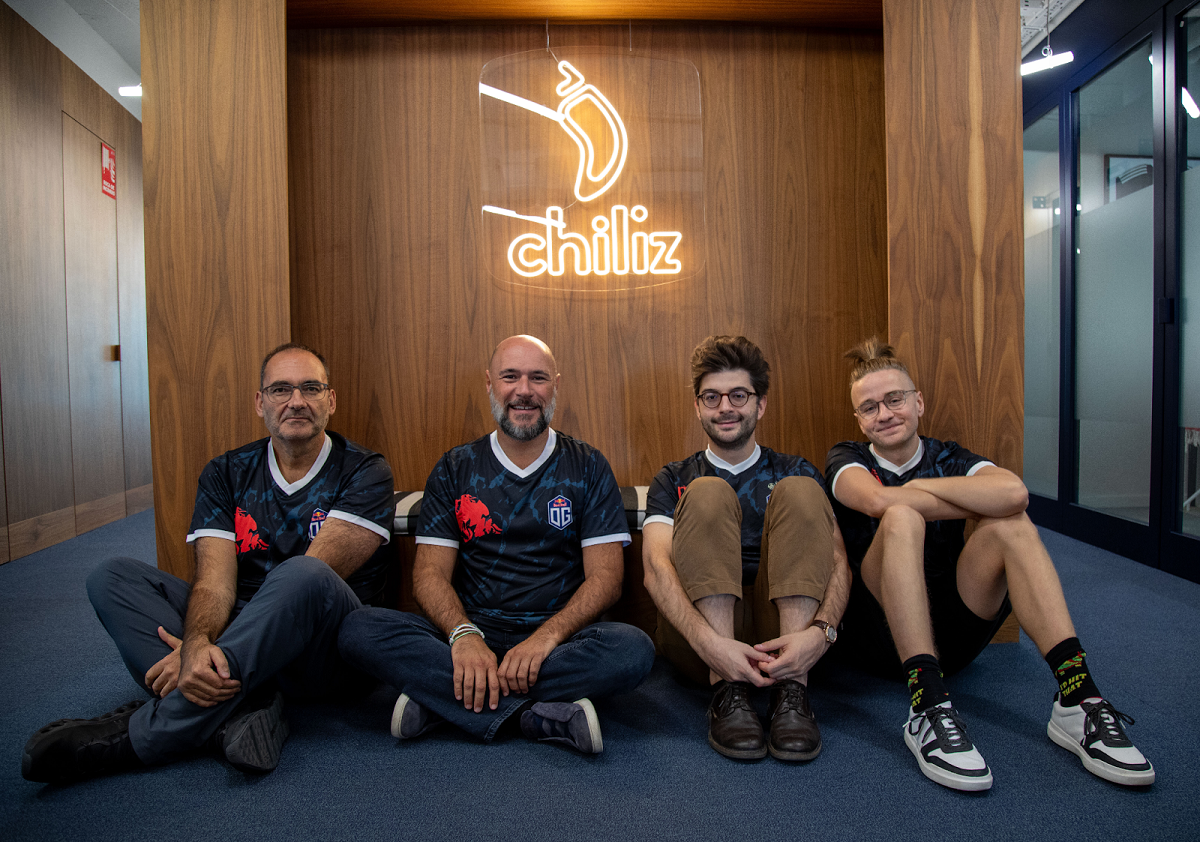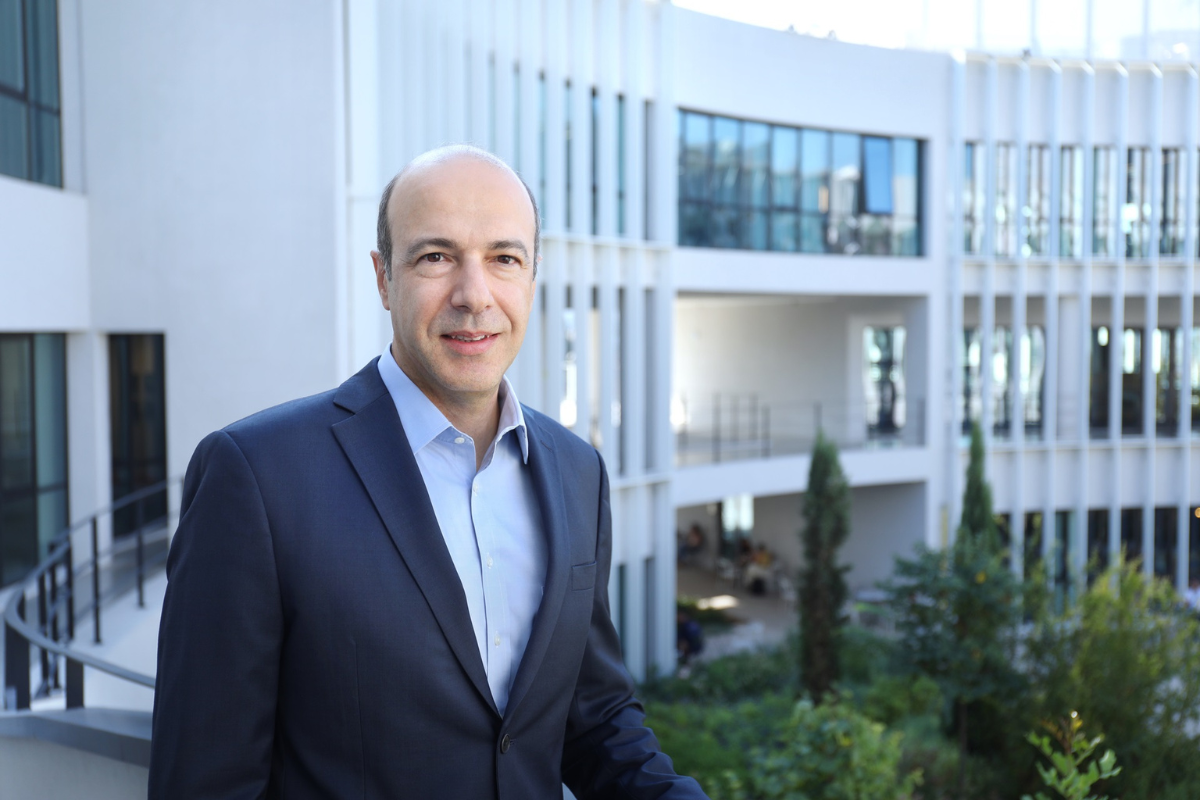Gambling in the USA
Botched Illegal Gambling Case Prompts Lawsuit Against Prosecutors
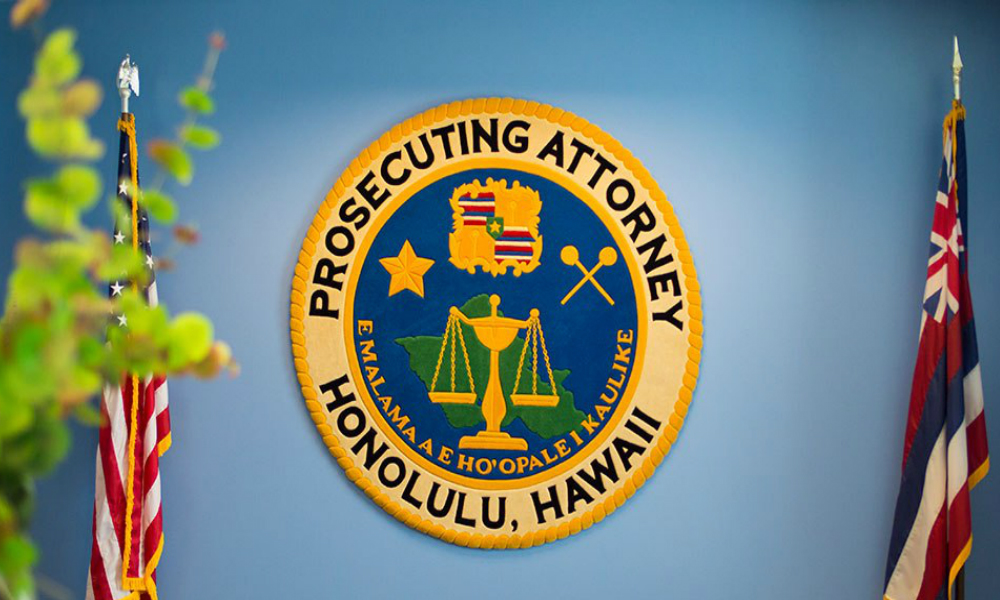
Eight people who were the subject of one of the largest illegal gambling stings in Hawaii history are suing Honolulu Prosecuting Attorney Keith Kaneshiro and one of his top deputies, Katherine Kealoha, saying they committed retaliatory and malicious prosecution after one of the plaintiffs compared Kaneshiro to the mobster John Gotti on TV news in 2013.
Also named as defendants in the case are Vernon Branco, who was a lead investigator for the prosecuting attorney’s office in the gambling case, and the City and County of Honolulu.
Yoshimura is the lead plaintiff in the lawsuit, which was filed in U.S. District Court of Hawaii on Friday. He is the owner of PJY Enterprises, a company that used to distribute Product Direct Sweepstakes machines to arcades around Oahu.
Yoshimura had been named along with some of his co-plaintiffs in a 414-count criminal indictment in 2014 that was tied to the use of the sweepstakes machines as alleged gambling devices.
All the charges were eventually dismissed, however, after a series of missteps by the Honolulu Prosecuting Attorney’s Office, and in particular Kealoha, who was the head of the agency’s Career Criminal Division at the time, and Branco, who was the lead investigator on the case.
The allegations in the recently filed lawsuit stem from a series of police seizures of Yoshimura’s sweepstakes machines that began in September 2012.
According to the lawsuit, Kaneshiro, in cooperation with the Honolulu Police Department, seized 190 sweepstakes machines from a number of arcades throughout Oahu, from Ward Avenue in Honolulu to Waipio.
Yoshimura filed a lawsuit against Kaneshiro, HPD and its police chief, Louis Kealoha, over the seizures. The case eventually made it to federal court.
Yoshimura also took to TV to challenge Kaneshiro directly, saying among other things, that he believed he was on firm legal footing, and that he welcomed criminal charges.
“I’d like to publicly challenge Keith, to charge us or leave us alone and release the equipment he is holding,” Yoshimura told Hawaii News Now.
“I compare him to John Gotti wherein John didn’t like somebody he would go in and shoot up the place and destroy everything in the business and walk away hoping that’s the end of you. In this case, Keith comes in, takes our equipment and claims he’s doing it in conjunction with an ongoing investigation.”
Shortly after a federal judge ruled that the way the machines were being used constituted gambling, Kaneshiro’s office filed the indictment against Yoshimura and others charging them with gambling promotion, racketeering, possession of gambling devices and money laundering.
“I compare him to John Gotti wherein John didn’t like somebody he would go in and shoot up the place and destroy everything in the business and walk away hoping that’s the end of you.” — Plaintiff Tracy Yoshimura
But according to the lawsuit that indictment as well as subsequent attempts to convict Yoshimura and the other defendants were fraught with problems.
According to the lawsuit, Kealoha, through the testimony of Branco, presented knowingly false information to the grand jury to help secure the gambling indictments. Specifically, the lawsuit says they told grand jurors that Yoshimura owned game room and arcades that he, in fact, did not own.
The lawsuit also took issue with the fact that although numerous game rooms and arcades were raided by the police only a handful of the owners and cashiers were prosecuted.
In addition to allegations of selective treatment and retaliatory and malicious prosecution, the lawsuit targets Kaneshiro for negligent hiring, retention and supervision.
Kaneshiro had “a duty to the public to hire competent staff,” the lawsuit says. He failed in that responsibility, the lawsuit says, when he hired Kealoha and Branco.
The lawsuit says Kealoha was “ill-equipped” to handle the gambling case because of her inexperience taking on white collar crime and her lack of research beforehand. It makes a vague reference to “her health issues and other personal issues.”
Yoshimura’s attorney, Keith Kiuchi, said the case has cost Yoshimura and the other defendants hundreds of thousands of dollars over the years. Kiuchi said the fact that only people who challenged Kaneshiro in court after the machines were seized were the only individuals to get prosecuted by his office speaks volumes.
“The only businesses that had the nerve to challenge Kaneshiro in federal court are the ones that are being singled out,” Kiuchi said. “Those are the only businesses that were indicted.”
Representatives from the Honolulu Prosecuting Attorney’s Office were also unavailable.
Katherine Kealoha’s criminal defense attorney Cynthia Kagiwada could not be reached.
The lawsuit comes amid a growing U.S. Justice Department investigation into corruption and abuse of power within HPD and the prosecuting attorney’s office.
Yoshimura has been a witness for prosecutors in the case, saying that among other things Katherine Kealoha had provided the name of a confidential informant in the gambling case to his former defense attorney, Myles Breiner, as a way to curry favor.
Kealoha has since been indicted by a federal grand jury along with her husband, the former HPD chief.
Kaneshiro’s office has also been a target of the Justice Department’s corruption probe, which included the FBI executing a search warrant at the prosecutor’s office.
Kaneshiro, who was re-elected to another four-year term in 2016, says he’s testified before the federal grand jury that’s been investigating widespread corruption in Hawaii law enforcement, although he has refused to discuss his involvement.
Other high-ranking officials in his office, including First Deputy Prosecutor Chasid Sapolu, have also been seen at the grand jury, as has one of Kaneshiro’s closet advisors, executive assistant Carol Nakamura.
In 2017, a Civil Beat investigation found that at least one line of inquiry from the grand jury has to do with the purchase of the Honolulu Prosecutor’s Safe House, which is supposed to be a refuge for victims of domestic violence, sex assault and sex trafficking.
According to property records and other documents obtained by Civil Beat, the city purchased the property from one of Kaneshiro’s top campaign donors, real estate investor Donna Walden, for $5.5 million not long after she herself had purchased the property for $4.5 million.
Based on at least one grand jury witness account the deal was already in the works before Walden officially owned the building.
Source: CivilBeat.com
-

 Asia6 days ago
Asia6 days agoDigital gaming disruption tackled in 1st AsPac Regulators’ Forum
-

 Africa7 days ago
Africa7 days agoKiron announces the launch of its new virtual football title, Turbo League, with SportPesa in Kenya and Tanzania
-

 Aquisitions/Mergers7 days ago
Aquisitions/Mergers7 days agoNOVOMATIC successfully completes sale of ADMIRAL Austria to Tipico and focuses on international growth markets
-

 Compliance Updates7 days ago
Compliance Updates7 days agoSOFTSWISS Releases Gambling Regulation Directory for iGaming Operators
-

 Compliance Updates7 days ago
Compliance Updates7 days agoAlternative Dispute Resolution (ADR) Role and Certification
-
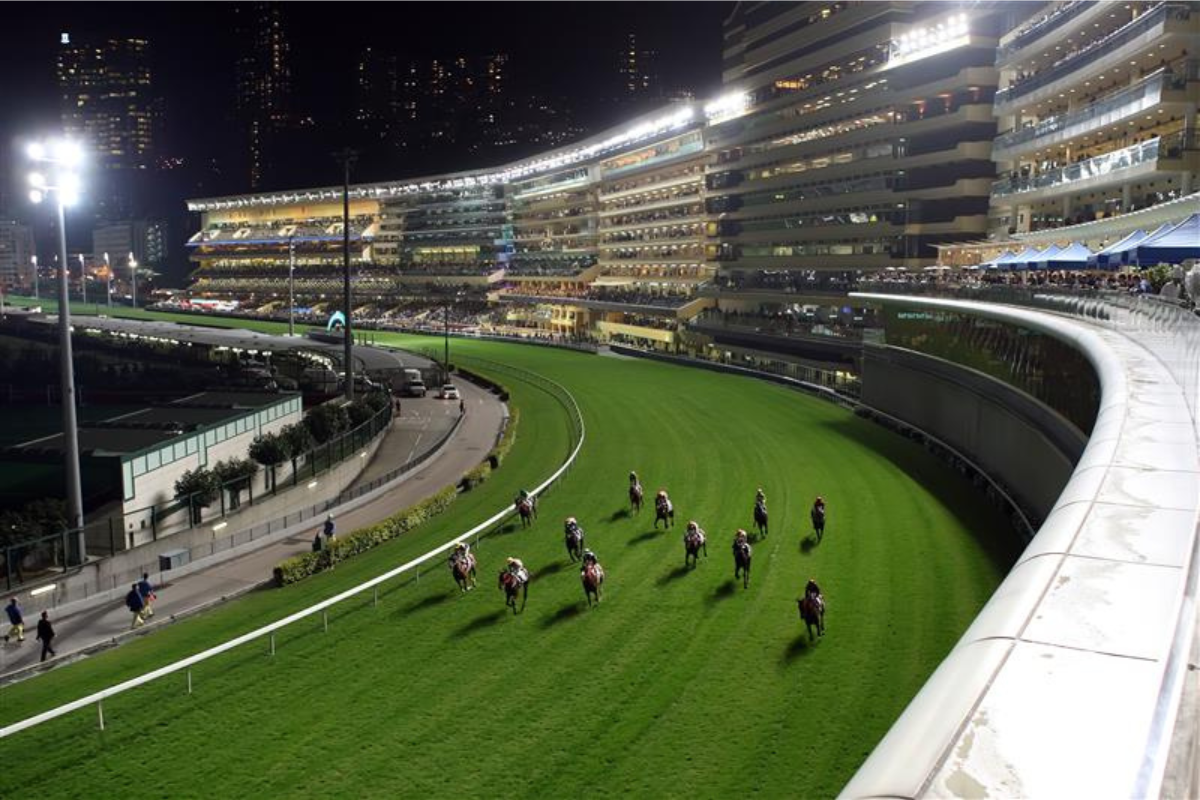
 Asia7 days ago
Asia7 days agoiRace Media extends partnership with The Hong Kong Jockey Club in Asia
-

 Central Europe7 days ago
Central Europe7 days agoSYNOT Games Delivers Bespoke Games Exclusively for SazkaHry.sk in the Slovak Market
-

 Industry Awards7 days ago
Industry Awards7 days agoPG Soft wins Best Slot Provider at SiGMA Euro-Med Awards 2025









